Insuring your ride: 10 things every RV owner needs to know




Insurance is a prickly subject. People resent having to pay for something they might never need. It’s an intangible security blanket whose value is only realised when things go wrong – sometimes catastrophically. If your RV is in an accident, stolen, vandalised or caught in a once-in-100-year storm, you need to know your investment is covered. That’s why doing your homework is crucial.
While there are plenty of online discussions about insurance disputes, there is an underlying theme in most cases and that’s disclosure. It’s paramount. People love to tell you how things went wrong, but how much of the story are you actually being told? Yes, insurance companies will sometimes look for every get-out clause, but in many cases they pay up without incident. It’s all about you doing the groundwork and reading the fine print. Go in with eyes wide open and chances are you will be fine. If you cut corners, literally and figuratively, you’ll might come a cropper.
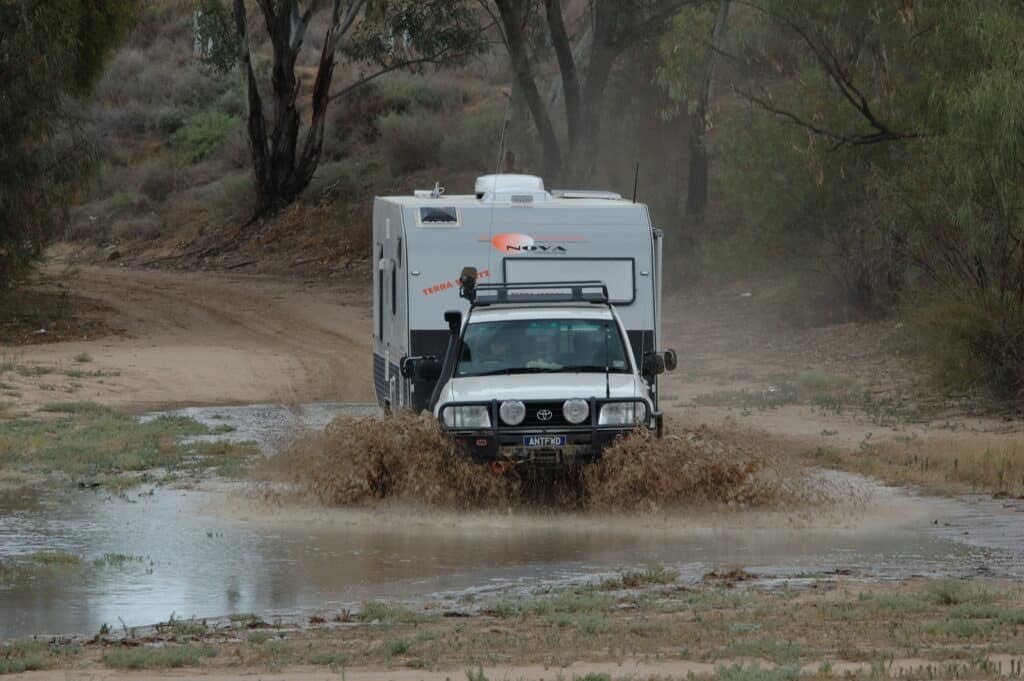
There are a raft of insurance companies and insurance brokers that can arrange the right insurance policy for the right price. It may take more time and effort than calling a number from an online ad, however it pays to spend time exploring the options to get a tailored policy. And don’t forget to read the fine print.
Some companies offer multi-policy discounts, which could save you big bucks and headaches if both your vehicle and trailer are damaged in an accident. The last thing you need is two insurance companies disputing who pays for what. The potential cost savings of having two policies with the same insurer makes sense.
When setting a premium, insurance companies take into account previous claim history, age of all drivers, police add-ons, and even the payment method and frequency. There are also things you can do to reduce you premium. Ask the insurance company if it offers a discount for completing a recognised towing course, such as Tow-Ed. Do discounts also apply if you have features like stability control, such as the AL-KO ESC, or an anti-theft system like WiTi. What if you have an unblemished driver record? It can’t hurt to ask.
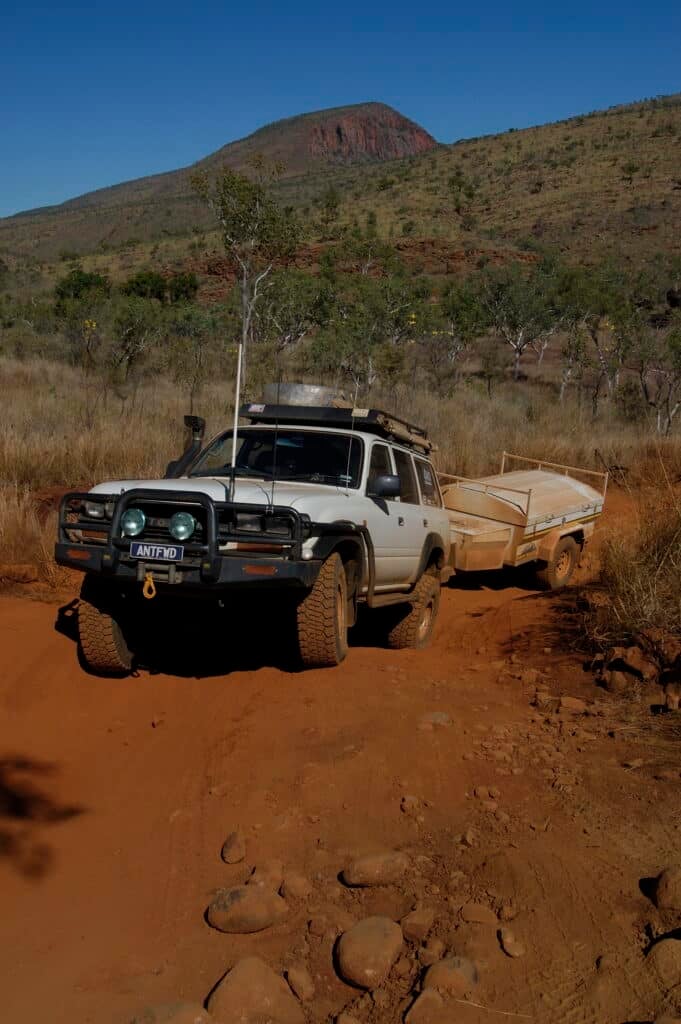
Some insurers only offer a market value policy plus. The plus includes things such as modifications, canvas awnings and annexes. These policies will take into account the age and condition of the RV being insured.
The advantage of an agreed value policy is that the RV can be insured for what it’s worth, including ALL extras. The only pitfall is the insurer may not agree to cover your RV’s stated value, or the inflated premium could be prohibitive.
Some insurance companies offer new-for-old replacement on RVs up to two years old, similar to car policies. This could be a good option for newbie towers who may be more at risk of an accident due to inexperience.
If you travel with a bicycle (stored inside or outside the van), a motorbike, or tow a car behind a motorhome, make sure these items are covered as extras in your policy.
Not everyone travels 12 months of the year, and where your RV is stored matters. Is it parked on your property in a garage or shed, under a carport, out in the open or on the street? Or is it parked in a secure storage yard?
Does the RV ever get left at a caravan park while you go off for an RV-free adventure? If so, does your insurance company have a time limit on how long an RV can be left unattended, or does the caravan park have its own policy for stored vans?
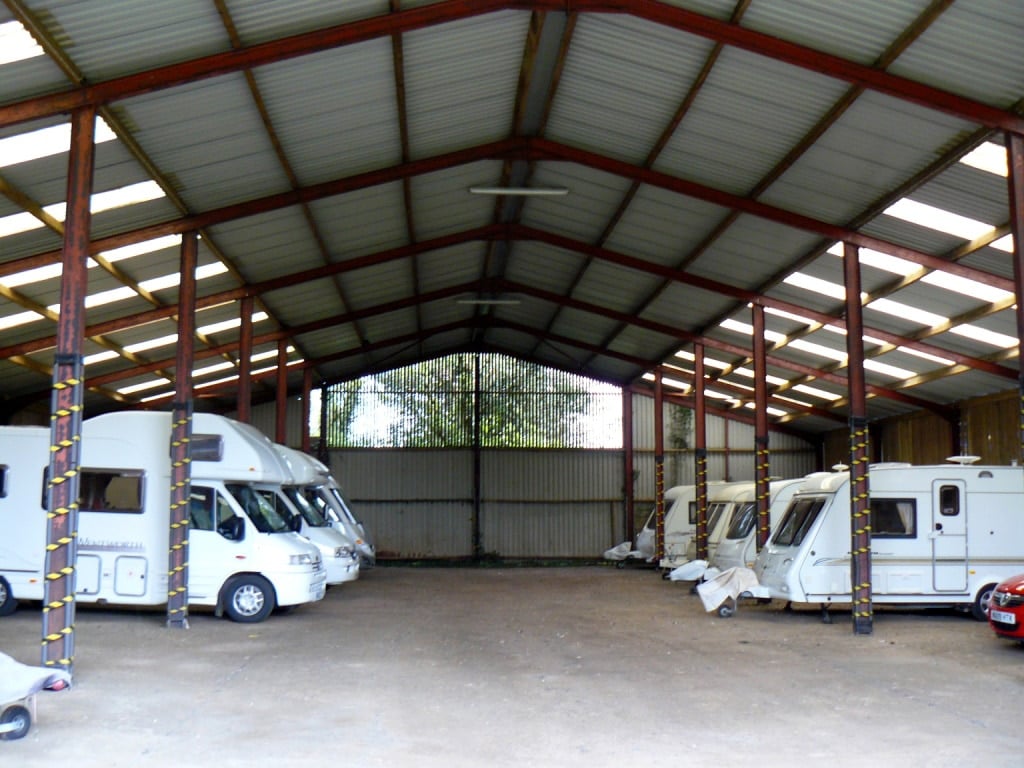
Who covers the RV if it is left in a storage yard? Does the operator have its own insurance for theft and/or damage, or must your insurance cover this? Will your insurance cover storm damage if your RV is parked in a uncovered yard?
Another point to consider is if a van is in long-term storage, what happens if components fail through deterioration, lack of use or a water leak? Insurers will generally not cover these types of claims so storage care is critical.
Many off-road vans on the market may not be designed to go seriously off road but they are built to handle hours of dirt roads and corrugations without falling apart.
On-road vans are designed to stay predominately on the blacktop with the odd dirt road just to get to a campsite. Your RV will be insured according to the specifications of use. It’s important to understand where your van can be taken without breaching the policy. Will the policy cover water damage from driving through a creek or river crossing? What about internal damage if the fridge or oven falls out on a rough road?
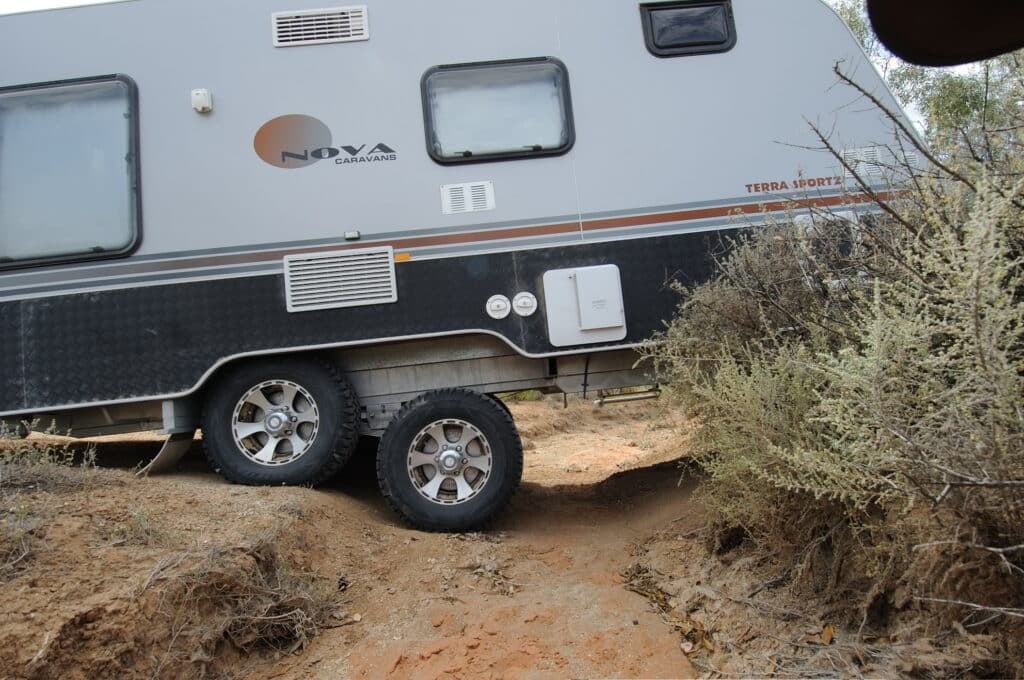
Then there is the prospect of having an accident on private property. Many insurance companies only cover drivers on gazetted roads and tracks, which are roads marked on maps for public access (although some may require permission to travel on them).
A high proportion of damage claims occur from on-road accidents. Reversing into a pole or another vehicle is common, as is turning too sharply and hitting something. These claims will be pretty straightforward, but a serious accident will be investigated thoroughly. If you tow or drive when the RV is not in a roadworthy condition it might void your cover. Likewise, if your trailer is overweight or the weight is incorrectly distributed, the insurer may not pay up.
Some policies dictate that you must seek approval from the insurer after an accident before resuming your journey. If repairs are required, is the work limited to insurer-approved repairers, or can you use your choice of repairer?
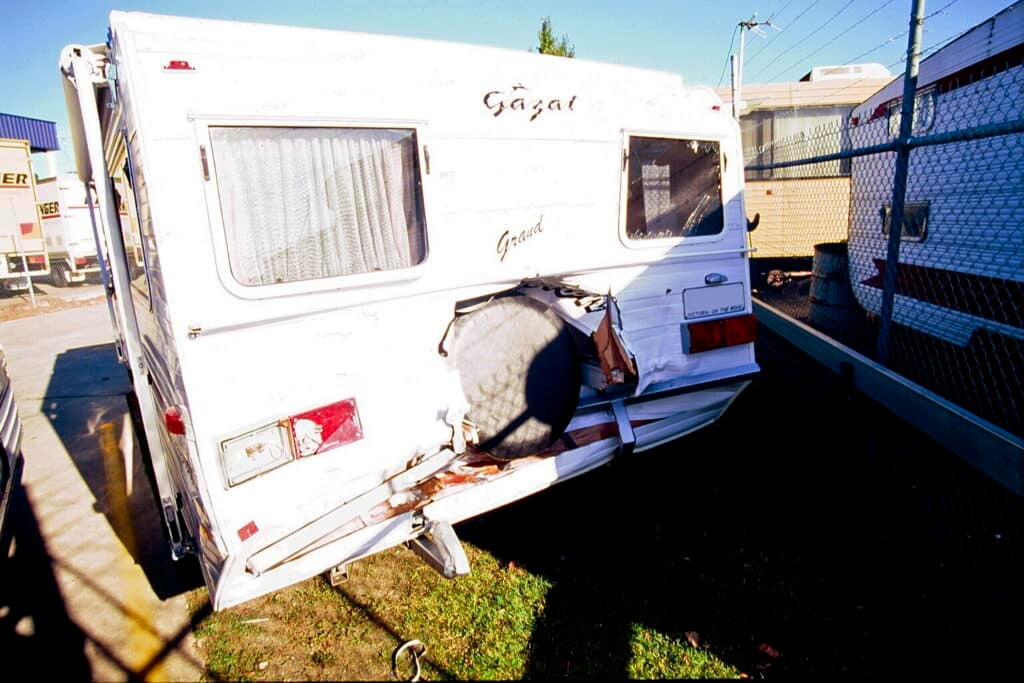
The fine print on one policy we checked states that if the van is stored at home in the open it must be secured with wheel or coupling locks. It also stipulates that if there is no sign of forced entry and/or the RV was not locked, then theft will not be covered. Additionally, if items were stolen from within an annexe that was not included in the policy then those items are not covered.
There are also clauses covering selling your RV, as theft of vehicles during a road test and scams are increasing issues for insurance companies.
Insurance policies also include cover for events such as accidental and intentional damage, earthquake, storms, flood and fire. Some policies have extra cover, which includes things like emergency accommodation, transport and repairs, legal liability, towing costs, locks and keys, internal contents, caravan park fees, solar panels, antennas and more.
Your policy may also include optional cover for things like tools of trade, caravan contents upgrades and electric motor burnouts.
While there are lots of inclusions there is also a list of general exclusions. The devil is in the detail, so read the fine print to ensure you not under-insured.
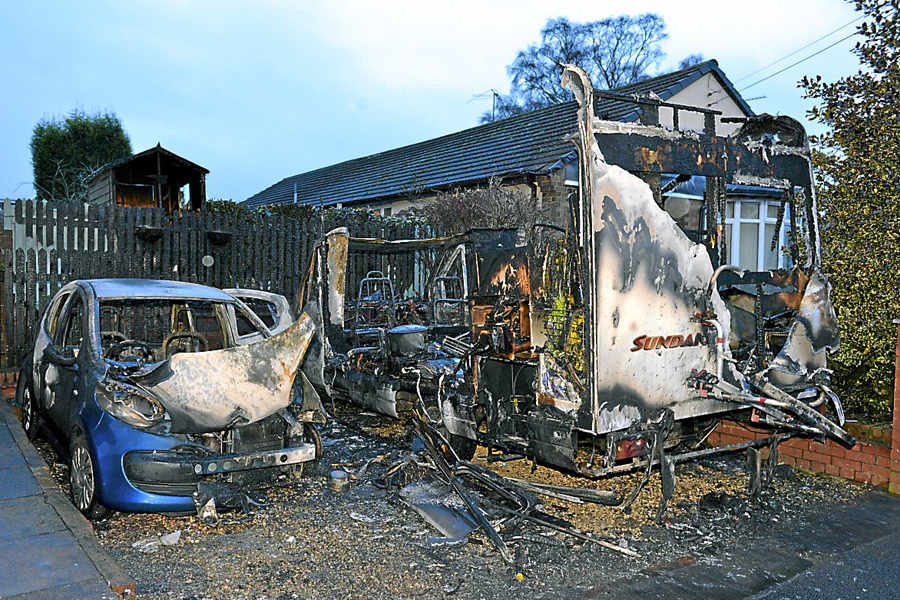
Listing additional drivers on your policy matters. Factors such as the number of drivers, their ages, skill level and experience will affect your premium. Nominating a driver who is later involved in an accident may also reduce your excess. For example, a nominated driver may have an excess of $500 in the event of a claim. This could increase to $1000 or more for a claim involving a non-nominated driver, especially if they are aged under 25. Of course, it depends on the policy. Many insurance premiums can also be reduced by increasing your excess.
Roadside assistance is becoming a common insurance offshoot for companies trying to woo customers. But not all policies include roadside assistance for people towing a caravan or camper. If the vehicle breaks down, what happens to the trailer?
If your cover includes a tow service to a repairer, are the vehicle and trailer both included? And is there a kilometre limit on how far they can be towed? In remote areas where it may be 500km to the nearest big town, these questions are critical. A multi-vehicle policy with car and caravan cover and roadside assistance could be a lifesaver when things go wrong.
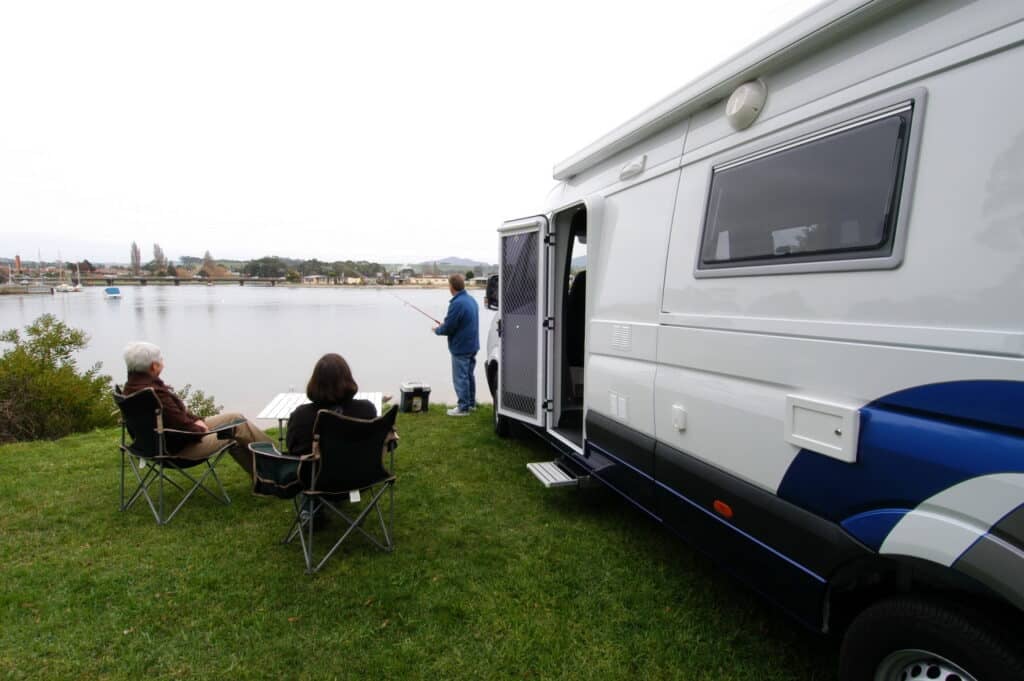
What about your home that’s NOT on wheels? This might seem an odd question, and it’s not related to RV insurance, but will your house insurance cover your home if it is unoccupied for an extended period?
A question that does relate to long-term travel is business insurance for the RV. If you run a business from from your RV, will your insurance cover you for loss of business in the event of van damage or theft while on the road?
It’s important to remember that it’s the owner’s duty to declare what they are doing with their RV to ensure the insurance company will pay out accordingly. If you don’t, they won’t!